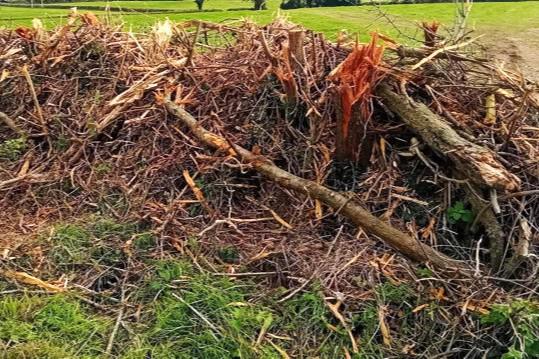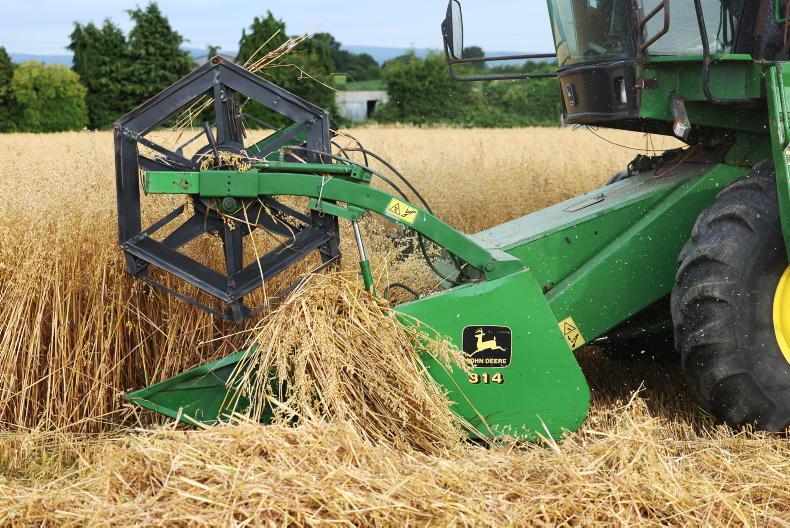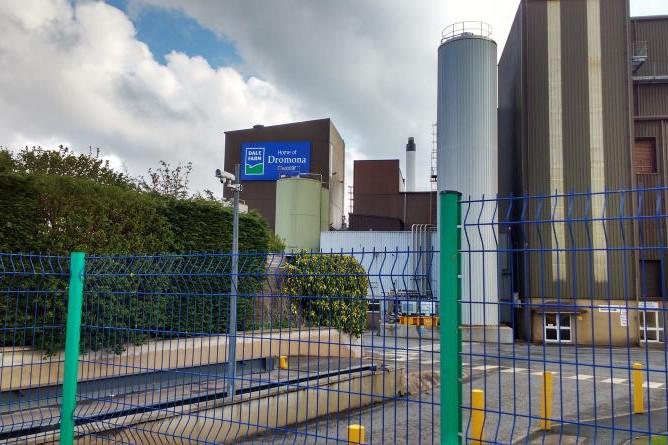The rollout of “sustainable, regenerative farming systems” in the UK would lead to similar or slightly higher levels of beef and lamb production, according to a new study.
The research by the Sustainable Food Trust considered the different soil types and climatic conditions across the UK, while estimating the “productive capacity of sustainable farms”.
“It would mean moving back to mixed farming, where possible. Obviously, that is not able to happen in the uplands,” said Adele Jones from the Bristol-based charity.
The model found there should be more grassland in eastern parts of the UK, which are mainly arable focused at present, but arable, fruit and vegetable production would increase in western areas.
“The key thing is that levels of predominantly grass-fed beef and lamb remain the same, if not go up slightly as a result of this system,” Jones maintained.
The study found that there would be a “significant fall in grain production” in the UK, although this would not necessarily affect the amount of grain-based products that UK consumers eat.
Big impact
“It has a big impact on the amount of feed that we produce for indoor raised livestock,” Jones said.
“It means pork and poultry consumption would drop dramatically.”
Speaking to National Sheep Association members, Jones said policymakers and consumers were at risk of “carbon tunnel vision” where the idea of sustainability is solely focused on greenhouse gas emissions.
She argued that this can often lead to other environmental issues being overlooked, such as biodiversity loss, water pollution and air quality.
“We are trying to get the public to understand that not all meat is the same. When you think about the ecological impact, it’s the intensively raised pork and poultry which is having the biggest impact,” Jones said.









SHARING OPTIONS